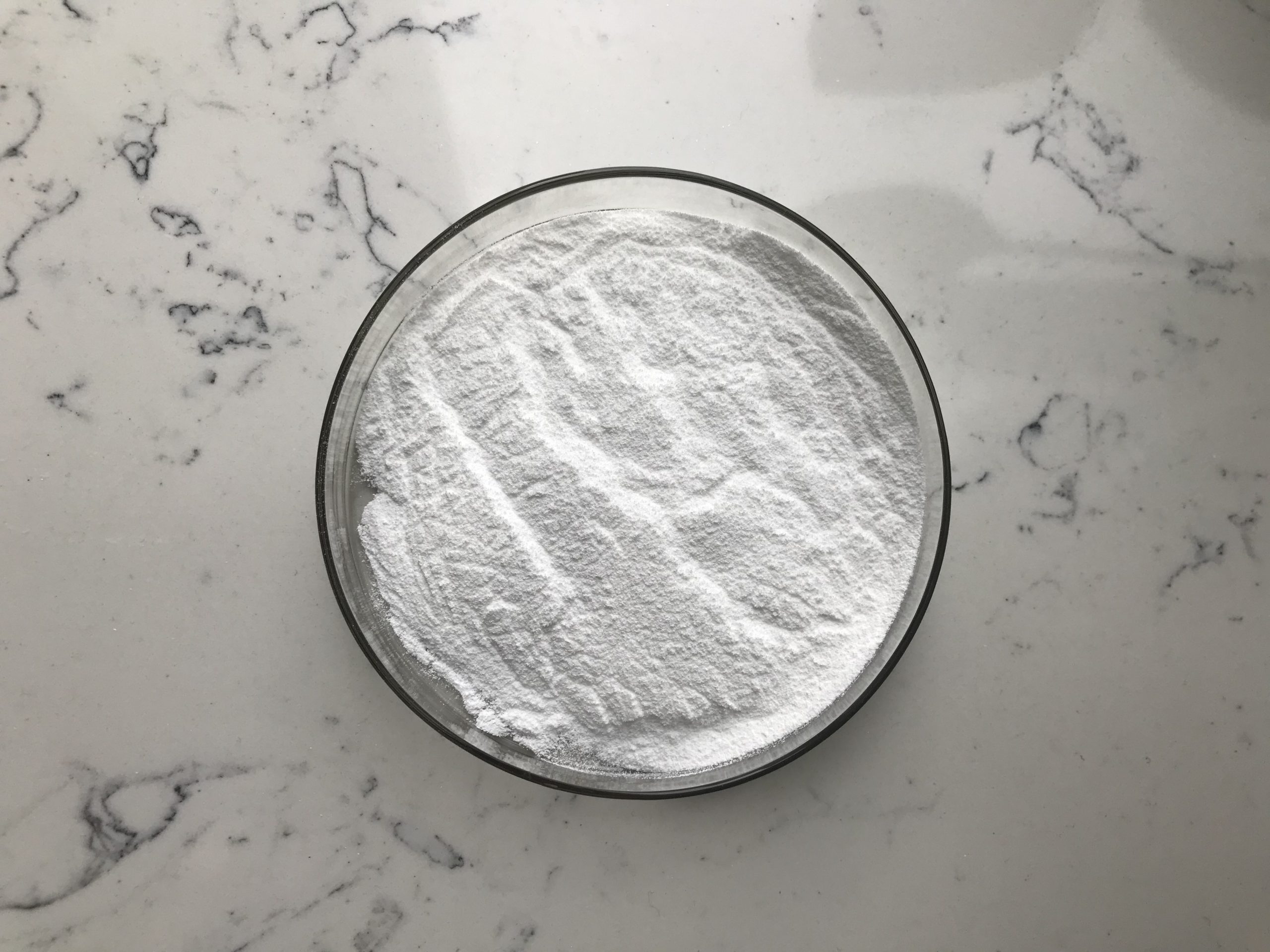The Benefits and Uses of Hyaluronic Acid
Introduction
Hyaluronic acid is a naturally occurring substance found in the body’s fluids, such as in the eyes and joints, where it acts as a cushion and lubricant. It has gained popularity in recent years as a cosmetic ingredient, with various forms of hyaluronic acid being used for beauty purposes. In addition to its cosmetic applications, hyaluronic acid may also impact the body’s response to injuries and aid in reducing swelling. People often take hyaluronic acid orally and apply it topically to treat conditions such as urinary tract infections, acid reflux, dry eyes, wound healing, skin aging, and many others. However, there is limited scientific evidence to support most of these uses. This article will explore the benefits and potential uses of hyaluronic acid, as well as its side effects and warnings.

Benefits and Uses
Hyaluronic acid has been found to be effective in treating some conditions, including: Dry eyes: Eye drops containing hyaluronic acid appear to help alleviate dry eyes. Leg ulcers caused by poor circulation (venous leg ulcers): Using gauze containing hyaluronic acid may help to shrink the ulcer and promote healing. People are interested in using hyaluronic acid for many other purposes, but there is not enough reliable information to determine whether it is useful or not.
Possible Effectiveness
When taken orally, hyaluronic acid may be safe if used appropriately. It may cause an allergic reaction, but this is rare. Similarly, when applied to the skin, hyaluronic acid may be safe if used properly. Allergic reactions are possible but uncommon.
Side Effects
When taken orally, hyaluronic acid may cause an allergic reaction. Similarly, when applied to the skin, allergic reactions are possible.
Special Precautions and Warnings
Pregnancy: There is not enough reliable information to determine whether hyaluronic acid is safe to use during pregnancy. As a precaution, it is best to avoid using it. Breastfeeding: There is not enough reliable information to determine whether hyaluronic acid is safe to use during breastfeeding. It is currently unclear whether it is excreted into breast milk and what effects this may have on infants. As a precaution, it is best to avoid using it. Radiotherapy: Applying hyaluronic acid to the skin during radiotherapy may increase the risk of certain skin complications. If you are receiving radiotherapy, do not use hyaluronic acid on your skin. Skin and connective tissue hardening (scleroderma): Applying hyaluronic acid to the skin may worsen skin ulcers in people with scleroderma. If you have scleroderma, do not use hyaluronic acid on your skin.
Conclusion
Hyaluronic acid is a natural substance that has been found to be effective in treating certain conditions. However, there is not enough scientific evidence to support most of its other uses. When used properly, hyaluronic acid may be safe, but there is a risk of allergic reactions. It is important to follow product labels and consult with healthcare professionals before use. As with any natural product, it is not always safe, and dosage is important.
